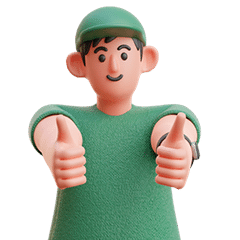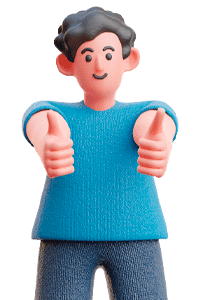Last Updated: February 2nd, 2024 at 6:40 pm


Zero Deposit Mortgages are an intriguing option for many potential homeowners, but they naturally come with questions. Here, we address some basic and more complex inquiries to help you understand these mortgages better.
A Zero Deposit Mortgage is a type of home loan where the borrower doesn’t need to provide a traditional deposit. Instead, the entire purchase price of the property is financed by the mortgage, making it possible for buyers to purchase a home without the upfront financial burden of a deposit.
Eligibility varies by lender, but generally, applicants need a strong credit history, stable income, and must meet certain age and property criteria. For instance, Skipton Building Society’s product is aimed at first-time buyers who have a clean credit history and have not owned a property in the last three years.
Zero Deposit Mortgages can be riskier due to the potential for negative equity if property values fall. Since you’re financing the full value of the property, any decrease in market value can leave you owing more than the home’s worth.
Typically, Zero Deposit Mortgages have higher monthly repayments compared to traditional mortgages with a deposit. This is because you’re borrowing a larger amount, and often at a higher interest rate, which increases the overall cost of the mortgage over time.
As with any mortgage, failing to keep up with repayments can lead to serious consequences, including the potential for losing your home. It’s important to consider the long-term affordability of a Zero Deposit Mortgage before committing. Have a financial plan and budget in place and consider all of the risks!
Yes, you can remortgage or sell your property. However, if selling, you need to be mindful of the potential for negative equity. When remortgaging, your options may be limited if your equity in the property hasn’t increased. It’s essential to consult with a mortgage advisor to understand your options and the implications of these decisions.



